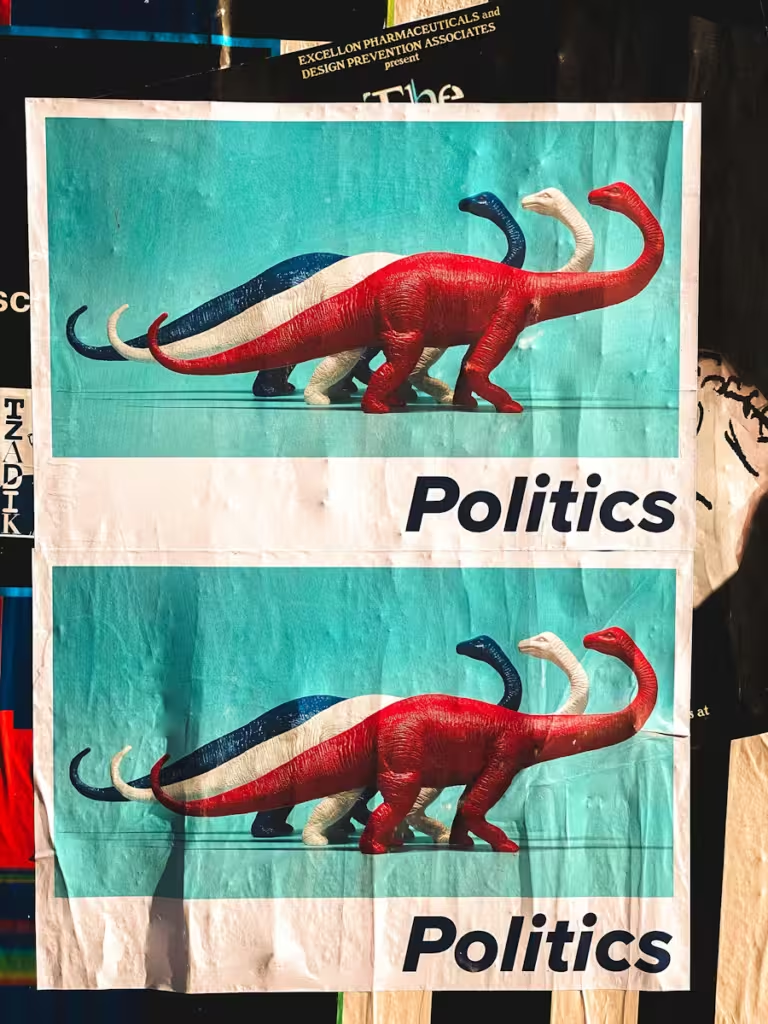Guess what? The climate debate is over. La la la they can’t heeeear us. In the Guardian Ed Miliband, whose tenure as head of Britain’s Labour Party was a spectacular display of failure to persuade anyone, says “our biggest enemy is no longer climate denial but climate delay. The most dangerous opponents of change are no longer the shrinking minority who deny the need for action, but the supposed supporters of change who refuse to act at the pace the science demands.” Quick! Send more clichés.
Happy to. How about “Future generations will look back on the climate events of 2021 and say: ‘That was the year they ran out of excuses.’” And “Heatwaves and flooding here in the UK, temperatures topping 50C in Pakistan, hundreds killed by a heatwave in British Columbia, deadly floods in Germany and China. All within a single month. Add to that the recent dire warning from the Met Office that the age of extreme weather has just begun.”
In case you’re thinking it’s all getting rather stale, he does up the shrillness by rebranding “climate change” (né “global warming” and also lately “climate heating”) as “climate breakdown”. And then he offers a rather novel theory of how climate works, presumably at the demand of science.
No, not “We’re in the decisive decade in this fight”. That’s old news, at least 30 years old now. (They may not have mentioned in high school science that the tendency of heat to expand things extends to the decade in which to act on climate.) But this part: “The actions we take defy the normal rhythm of political cycles. What we do in the next few years will have effects for hundreds of years to come.”
Eh? Are you saying that until we came along, things that influenced climate had effects lasting a few decades and now suddenly it’s centuries? Because if not, logic surely suggests, what’s happening now ought to be the result of things that happened hundreds of years ago.
There is also something illogical, or at least redolent of too long in politics, in drawing a distinction between those who deny the need to act and those who endorse it then don’t. In the real world, if a person says one thing and does another, we take it that their actions are the real guide to their thoughts. And in that sense all those governments that claim to think the climate crisis is urgent and then fail to take measures sufficient to meet their GHGs targets or even get close enough to wave at them are, in fact, the real deniers. The deniers not just of a crisis, but also of the importance of honesty and consistency.
Miliband, alas, is too badly adrift on a sea of clichés to say anything of actual substance as opposed to a facsimile thereof. Not for Miliband the admission of hard choices, tradeoffs, genuine difficulties or errors and omissions on his virtuous side of the great chasm. For instance “We should act now not just because we must avoid future generations living in a disaster movie but because rewriting the script can produce a better world. Rapid decarbonisation is the imperative, but we can do so in a way that fixes the inequalities that exist in our current economic system. This is the promise of the Green New Deal – that this transformative programme of investment can also generate good jobs, help existing industries transition and create new ones, ensure warmer homes, cleaner air, and a lasting shift in wealth and power across our country.”
You’d think just saving the planet would be enough. But no. He’s going to save us from poverty, injustice and hard work, because, he insists, the British government “is not simply failing to protect us from the biggest long-term threat we face; it’s economically illiterate too. The case for investing now is not just clear as a question of intergenerational equity, it’s also the only conclusion to draw from a hard-headed fiscal analysis of the costs and benefits. The Office for Budget Responsibility tells us that the costs of acting early are surprisingly small relative to our national income – in the central scenario, an average annual investment in net terms of just 0.4% of GDP between now and 2050.”
So this whole programme won’t even hurt. Vote for me and it’s free green beer tomorrow. Miliband says “Nothing is more dangerous than the mirage of action shrouding the truth of inaction” and then offers a transformation of global climate and British society on the cheap. And they wonder why their credibility is shot.



He gets it right on the ' lasting shift in wealth and power' part. That's the old rich get richer thing.
"In the future, books on agnotology will devote chapters to how the
standard narrative on climate change impacts took hold among
the religious and secular leaders of the 21st century despite copious evidence to the contrary."
- Indur M. Goklany in Impacts of Climate Change: Perception and Reality
The truth is that the UK Labour party is completely politically bankrupt (financially too). They are taking up these ideas in the desperate hope that someone will listen to them. The good news is that Tory MP Steve Baker has joined the trustees of the GWPF & that a Tory backbench group has been formed to put pressure on Boris to slow down with his (really Theresa May's) barmy plans to decarbonise Britain by 2050. Also he is now backtracking on plans to ban gas central heating boilers by 2035. I hope his plans all fall to bits.